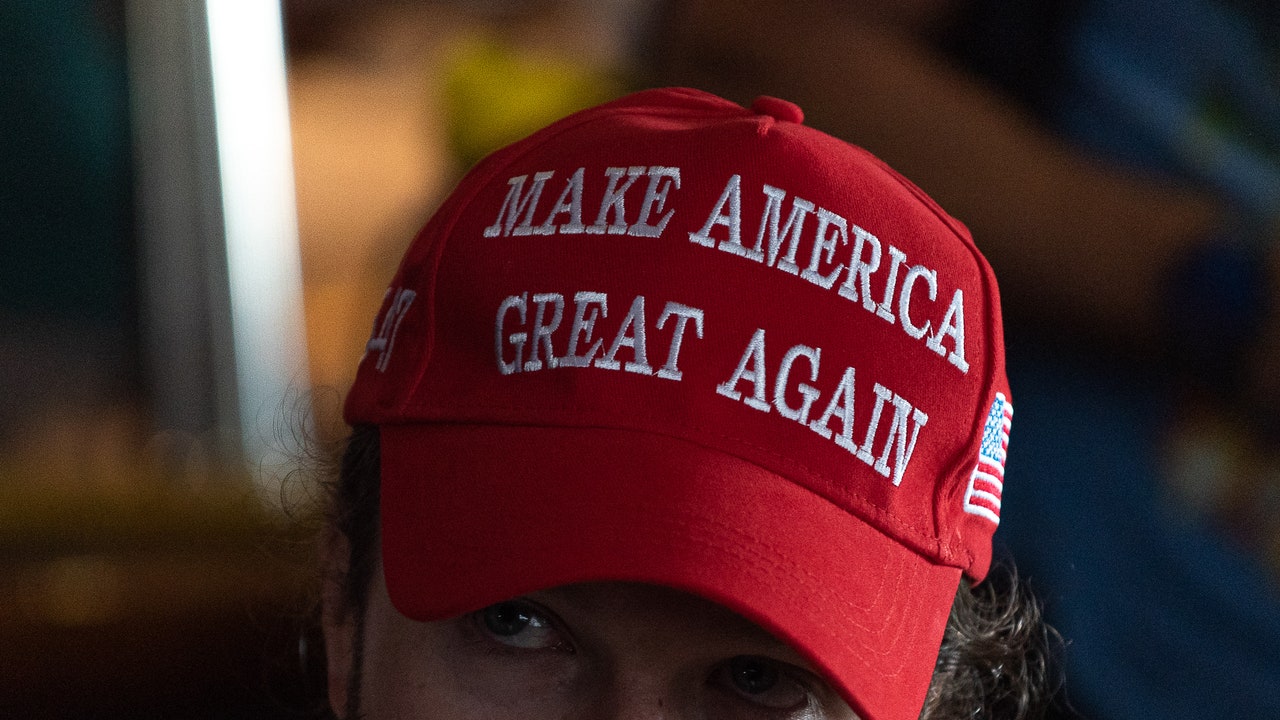Summary
With Donald Trump’s 2024 election win, young Gen Z voters like Kate, Holly, and Rachel are grappling with deepening divides with their Trump-supporting parents.
For many, these conflicts go beyond policy disagreements, touching on core values and morality. Parents once focused on fiscal conservatism have, in some cases, embraced conspiracy theories, creating painful rifts.
Studies suggest political divisions are increasingly seen as moral judgments, fostering a “mega-identity” where political views signify personal decency.
For these young adults, maintaining family connections amidst such ideological fractures has become challenging.



I know every generation says it, but I really think there was a “peak” generation that grew up on the old web, and learned critical thinking the hard way. The Internet is a lie.
Those that never leave apps and their feeds? Not learning that lesson.
I would think this - I am old enough to have been on text Usenet newsgroups and dial up; but plenty of people my age seem to have collectively lost their mind.
Yes, this. I remember BBSes and USENET and unfortunately I can remember instances of people being stupid and spreading nonsense then, too. I guess what was different is that there was no monetization yet and no one trying to amplify “engagement” by making people absolutely enraged. No algorithms pushing content at you, nothing was being curated by any corporation at all at that point.
I think it was introduced more slowly and so maybe many people had some time to get inoculated - but others definitely were not successfully inoculated - I cannot tell you how many friends, relatives, co-workers that joined up later would start forwarding the absolutely dumbest emails and after I’d try to explain to them it was total bullshit, they’d learn nothing.
I just think now kids are handed a tablet and/or a phone at extremely early ages and it’s not like they are easing into it, and having more of a ballast in “the analog world” as far as the amount of time spent on it; they are thrown into the deep end, with corporate interests seeking to maximize their engagement, no matter what the cost is to kids, society, our country, any of it. Now, trying to seek UNcurated content is something that someone has to even know is a thing and then actively seek out and nearly all “internet” use constitutes traffic to a few corporations, and nearly all interaction between humans is mediated by corporations.
I’m gonna claim that is millennials really hit the sweet spot of technology advancement that, like you said, forced us to learn things and think critically. Working in IT, I now have to continue to help the older generation understand computers but also teach the younger generation how to use computers. It’s been tablets and mobile interfaces for a decade now, and nobody has learned how things work.
I do think the generation that’s about to reach adult hood seems to be more well adjusted emotionally that any other I’ve experienced. A lot of schools do include basic programming courses and all do common core math, so hopefully that will be the difference maker for critical thinking. I think the 20-30 year olds right now could be the most problematic politically going forward.
Schools being effective might become far more difficult in the next few years, especially if Betsy DeVos gets her claws into it again.
And isn’t that the real point, after all? Effective schools (especially if they don’t just treat it as a school-to-work program, but instead, teach actual critical thinking and give people the skills - and the will - to be autodidactics with an actual liberal education background) would probably mean less Republicans.
Well, I sure hope that’s true, but nothing about critical thinking requires any math or programming. I value both those things as well, but I don’t think those skills alone are going to help us.
I seem to remember that engineers actually tend toward being right wing, so it’s quite possible that a lot of them learned engineering almost as something more like a trade school and never broadened their minds at all in the process, and basically side-stepping both critical thinking and media literacy. It’s been my anecdotal experience as well: going to uni, I noticed many engineers who might have excelled in a very narrow area - math, programming, engineering but utterly incapable of grasping some rather basic critical thinking concepts and who tended to be rather reactionary. In fact, many of them would try to tell me how much they loved Rush Limbaugh’s radio show, as a for instance…